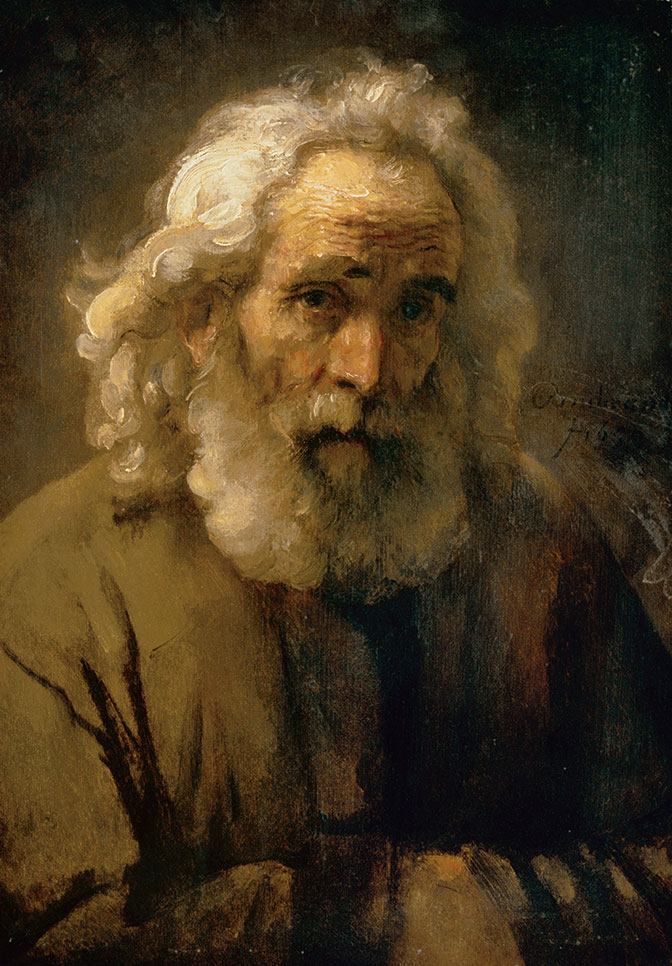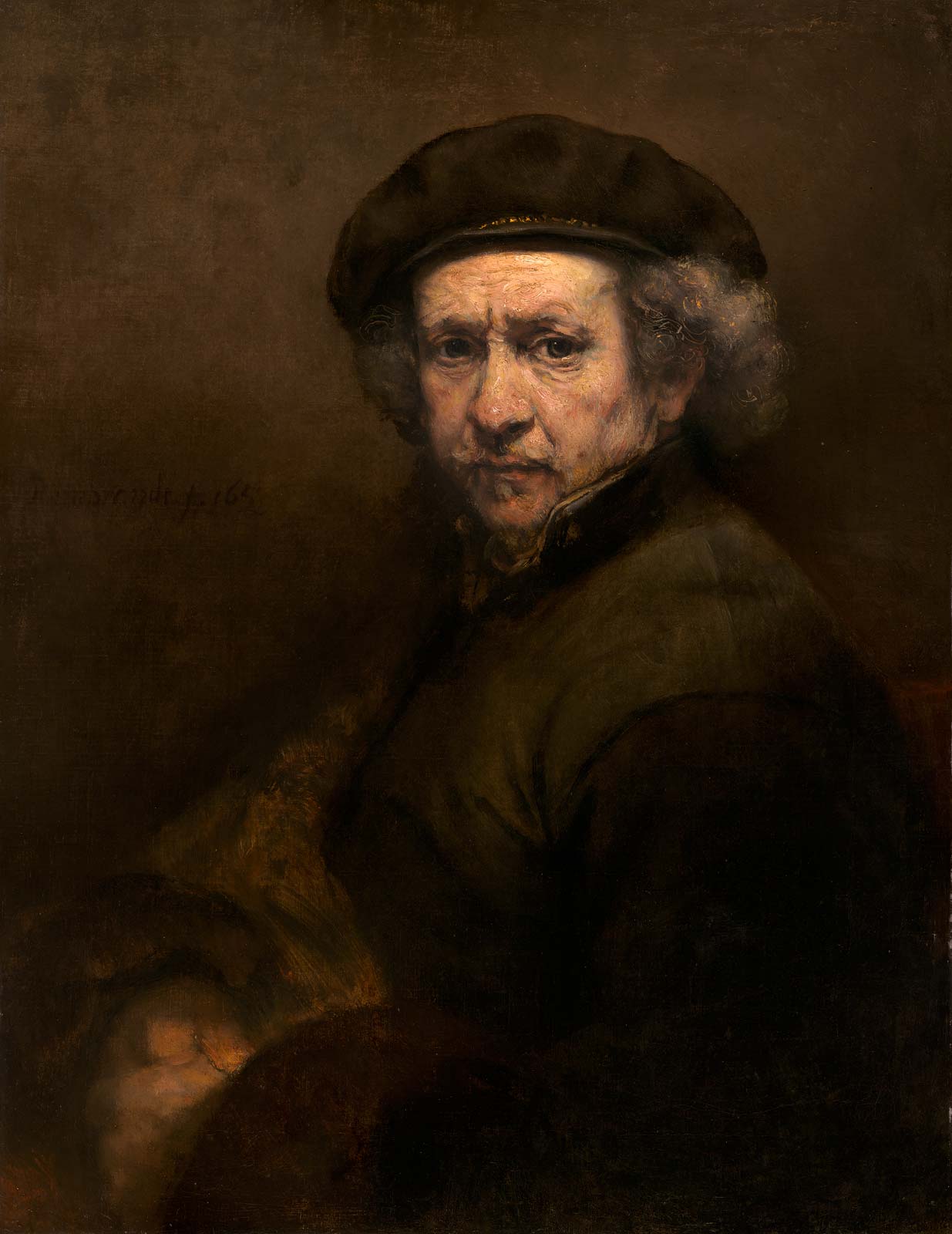
Why Should We Philosophize? Philosophy as Situated in the Unknown and Uncertain

Most people say that we live in uncertain times, but I would rather argue that we live in a time where uncertainty is looked down on. In other words, we live in a time where nothing is uncertain anymore (or that is the ideology we ascribe to) and uncertainty is not tolerated. If something is deemed to be uncertain, give it to the sciences and they will sort it out. If the sciences cannot sort it out, then it is a nonsense question which must be locked up in the library in books no one will have access to.
Or one can state it a bit differently. We live in uncertain times because the things which were supposed to be left to fate alone, we want certain answers. Things that which are sacred and should be left for uncertainty, we as modern scientifically orientated people want to know with certainty. We want to know with certainty how people are going to act in certain situations, we want to predict behaviour, we want to tell nature what she supposedly should do. Again, if science cannot answer the question or solve the problem, write it down in books and store it away so that no one else can contemplate these uncertainties. Out of sight, out of mind.
However, I want to argue that happiness is stored away in these books, in these vast libraries. Science wants to tell us what happiness is: the correct amount of bio-chemical processes and substances at the right time. Now, I do not want to argue that this is not the correct view; what I want to argue is that left to those who dwell in certainty or where uncertainty is not tolerated, happiness will not be found in the manner which the philosopher who dwells in uncertainty would propose. The ancient Greek philosopher Epicurus’ work was burnt because he dared to propose that happiness should not be left for those in control of the sciences (at the time Christians). Rather, we should control the sciences so that we might find happiness.

So why would it be important to philosophize? The philosopher finds him or herself at ease in the uncertainty and unknown. This is the case because he or she deals with what the sciences deems unanswerable. It would be easy to say that Happiness is this and that amount of this and that substance and this and that process because we can extrapolate it to the majority. But happiness is not something measurable. Happiness is found in the individual. To give happiness to the sciences would be akin to the destruction of individuality; which is already happening. Some philosophers and scientists have already written about the loss of the individual and the self. I am here reminded of what psychologist/psychoanalyst and philosopher Carl Jung said:
“The more unconscious a man is, the more he will conform to the general canon of psychic behaviour. But the more conscious he becomes of his individuality, the more pronounced will be his difference from other subjects and the less he will come up to common expectations. Further, his reactions are much less predictable. This is due to the fact that an individual consciousness is always more highly differentiated and more extensive. But the more extensive it becomes the more differences it will perceive and the more it will emancipate itself from the collective rules, for the empirical freedom of the will grows in proportion to the extension of consciousness.”

The philosopher, that is, those philosophers who dwell in the unknown and uncertainty, will help the individual (in any way he or she sees fit) become aware of his or her individuality. The loss of ones individuality and uniqueness is what leads a whole society to think that a magic pill might bring happiness, or that materiality will bring happiness, or that using other people for their advantage might lead to happiness. It is thus not that these things are right or correct, it is that these things might cause one to lose your uniqueness and individuality. Listening to the masses, listening to these broad stroked claims that pertain to everyone, causes one to not question how these claims affect your particular and unique situation. Philosophy deals with the abstract; however, the abstract does not equate to certainty. The abstract is philosophy’s language. It takes a good philosopher to translate the abstract to the particular so that it becomes relevant to the unique individual.
To sum up, in short, what I have said. The philosopher, unlike the modern scientist, dwells in uncertainty and the unknown. Happiness cannot be found by the scientist because it deals fundamentally with unique and individual aspects which the scientist cannot deal with. The scientist needs some form of certainty and he or she works with universals and generality. As the Jung quote above attests to: if one can forget about one’s uniqueness and individuality one will likely conform to scientific theories. Happiness will thus become biochemical processes and substances at the right rate etc. Happiness will also become materialistic and in the form of a pill. But once one sees happiness not as a universal or general term, but something which is uniquely situated in the individual, happiness will become vague, unknown, and uncertain. This is where the philosopher enters, and why philosophizing should be of utmost importance for us modern people.









Comments